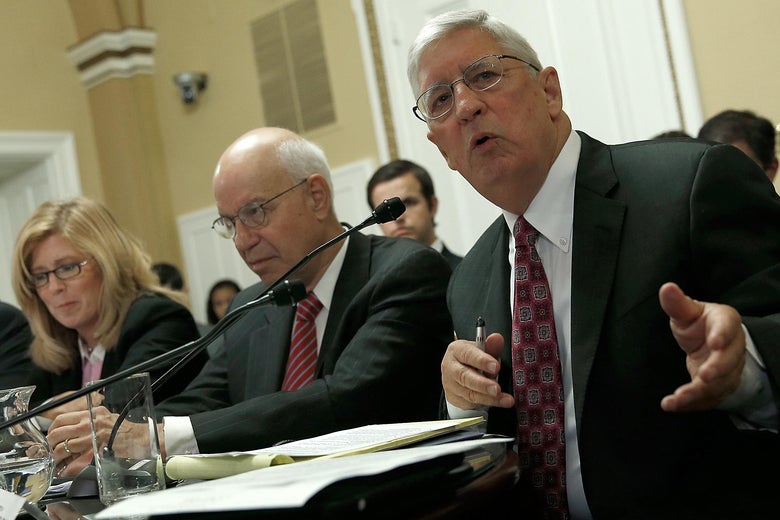BY DAHLIA LITHWICK

Twenty years ago this June, Walter Dellinger, who identified himself as “a Duke University law professor and a Washington attorney,” wrote his first entry on Slate’s Supreme Court Breakfast Table, which would go on to become one of the most widely read features the magazine ever produced. In addition to being a “Washington Attorney,” Dellinger was also the Acting Solicitor General of the United States from 1996-97, head of the Office of Legal Counsel (OLC) from 1993 to 1996, a prominent oral advocate at the U.S. Supreme Court, a champion of LGBTQ rights, voting rights, head of the appellate practice at O’Melveny & Myers, beloved professor, legal scholar, and cherished mentor to hundreds of young lawyers, of whom I was one.
On Wednesday, Walter passed away at the age of 80. His death is devastating for those of us at Slate who had the honor of working with him. It is almost impossible to believe that his work will no longer appear in these digital pages. Walter was a guiding light to Slate, a foundational voice in our legal coverage in both podcasting and print, and an unwavering believer in our mission to help everyone better understand (and critique) the Supreme Court’s work.
Even when he was meant to be explaining habeas corpus, chatting with Sandra Day O’Connor about whether she was an accident of history, or contemplating the constitutional limits on presidential power, part of Walter was always back at that counter at Sutton’s. His thinking was firmly connected to the fact that the “life of the law” as Oliver Wendell Holmes Jr. famously wrote was rooted in “experience,” more than just the mathematical application of logic. Every word he wrote, every speech he gave, was imbued with his own story of growing up in an America that was still straining toward repair.
Every one of Walter’s pieces was full of his sense that he served as a bridge between what had been and what might be. In the pages of Slate he described the day Brown v Board was decided shortly after his 13th birthday at Myers Park Junior High in Charlotte, N.C. and how nothing changed, such that, “five years later, I graduated from a still all-white public school without ever having attended school with a black child.” From his own life he probed how fundamentally wrong he believed Chief Justice John Roberts was in 2007 when he wrote that “the way to stop discrimination on the basis of race is to stop discriminating on the basis of race,” or how harmful the court’s blessing Indiana voter ID law in 2008 would become. Nearly a decade later Walter’s 2013 elegy for Section 5 of the Voting Rights Act when the court handed down Shelby County, could not be more haunting:
I’m not an expert on voting, and I can’t profess to know what the effect of today’s decision will be on discrimination in our election processes. But its effect on the law of the Constitution is profound. It represents a fundamental distortion of the roles of court and Congress. In the aftermath of the Civil War, the Reconstruction Congress knew that it could not trust the Supreme Court—the institution that gave us the Dred Scott decision—to protect voting rights. That power was given to Congress. Explicitly. In the words of the 15th Amendment:
Congress shall have the power to enforce this article by appropriate legislation.
It is worth noting that the opinion of the court in Shelby County never mentions the text of the 15th Amendment.
Somewhere in my attic there is a fading copy of a campus newspaper from 1967—my first year as a law professor at the University of Mississippi. The headline, as I recall, says “Negro to Address Ole Miss Class.” In the space of my own adulthood, a world in which a guest lecture by a black man was a front-page news story has morphed into a world in which a person of color will be speaking on the Rebel campus tonight as a candidate for president of the United States. When my wife and I first arrived in Oxford, Miss., she to teach English and I to teach law, we entered a deeper South than the one we had known growing up in New Orleans and North Carolina. We were not quite prepared for the triumphal playing of “Dixie” and the unfurling of an enormous Confederate battle flag over the entire playing field, marking the opening of every home game. Bullet holes still scarred our faculty apartment building from shots fired when three people died a few years earlier in the turmoil over James Meredith’s admission to the university. Until my wife, Anne, protested, the waiting room of the only obstetrician in town was still divided into designated “white” and “colored” sections.
The whole piece is worth reading, but this is how he concluded:
Sen. Barack Obama comes to Oxford tonight in a far more exalted role than Aaron Henry did in his appearance as a guest lecturer 40 years ago. But while the fact of his race is no longer front-page news, I am nevertheless struck by the thread that connects both appearances. Tonight’s visit to the home of the Ole Miss Rebels by a person of color seeking the presidency of the United States is just one more step on a journey of redemption for Americans, both white and black. The fact that his race is not front-page news tells me we are on the right track.
Walter was one of the most ardent feminists I ever knew. The number of young women he mentored over the past few decades was stunning, as was the number of people of color. His last op-ed, written two weeks ago for the New York Times, defended President Biden’s pledge to put a Black woman on the Supreme Court as stemming from “bedrock principles of democratic governance.” If projection means saying something of others that is fundamentally most true of yourself, his tender remembrance of Marty Ginsburg as a radical feminist spouse was as true of Walter as anyone I have known. His marriage became a model for my own and countless others, and his devotion to his wife Anne and his family had no parallel in my professional life.
Walter was my second guest when we launched the Amicus podcast in 2014, explaining and educating people trying to understand complex legal ideas without ego or pretension. Which more or less means that he launched both my podcasting and journalism careers, and has been bound up in the life of Slate’s legal coverage from the very start. Our magazine will not be the same without him, and we will forever be grateful for the brilliance, wisdom, deep humanity, and joy that he brought into our pages, our earbuds and our lives.


